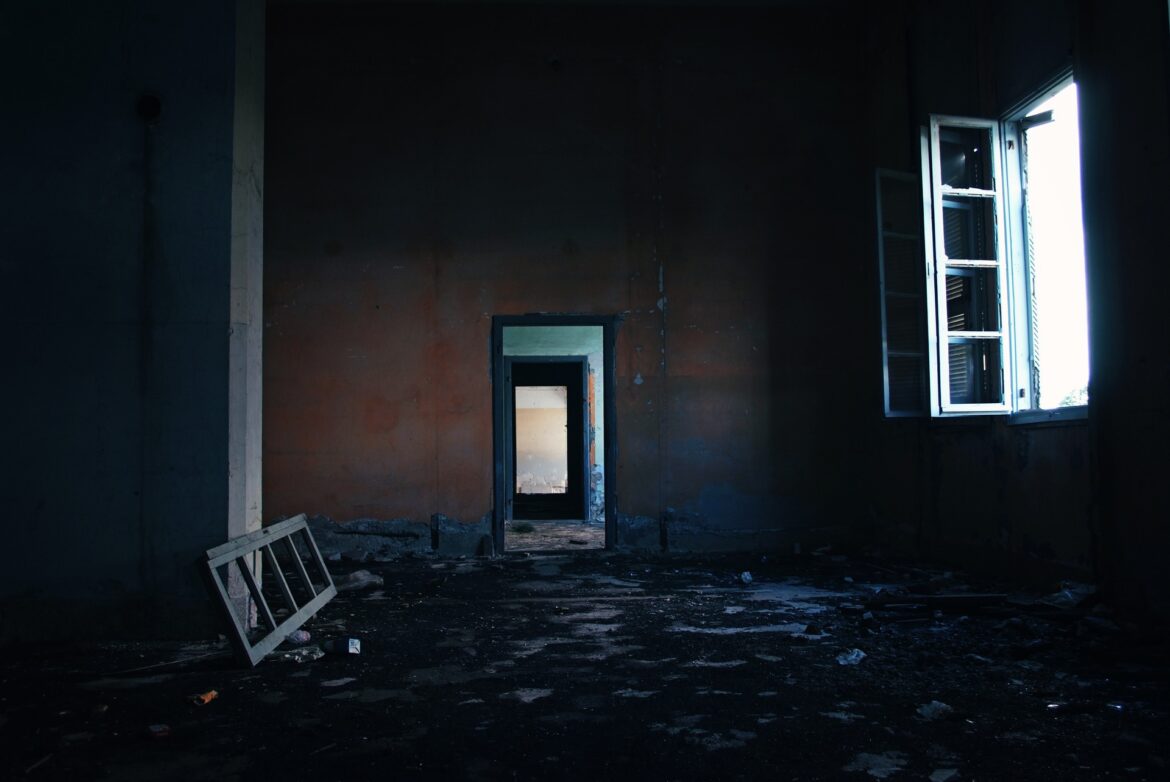“Every day is full of challenges and full of hope”: Young women in Jordan share their struggles. Jordanian society is young. Around 36% of the population is between twelve and thirty years old. Although amounting for more than one third of the population, the youth is confronted with massive challenges. Unemployment and gender inequality are among the obstacles needed to overcome for sustainable youth empowerment. In this article, I share the insights of three young women living in the country. The participants wish to stay anonymous.
One issue is named immediately, no matter who it is I sit across during the interviews: Unemployment. The participants tell me that they suffer from lack of job opportunities. Even highly educated youth barely find work. If they do, they receive unjustifiably low salaries, when lucky. In fact, many university graduates absolve unpaid trainings or work without salary for lack of sustainable alternatives. In 2018, the unemployment rate amongst the Jordanian youth was 18.4 %.
Tied into this is the issue of education. While Jordan has many universities, participants find that higher education institutions fail to develop necessary job skills in young people. Education is focused on memorization of information instead of the development of practical skills. One participant tells me that once the semester is over, everything studied during the term is forgotten. She wishes to obtain necessary skills beneficial for a later career, such as communication skills. Another participant agrees: According to her, university education is not corresponding to job needs.
Wasta, a form of nepotism exercised sometimes excessively in the region, poses a great challenge for young people. One participant tells me that she observed students getting better grades at university just because of their family connections. Seeing a lesser qualified student getting undeserved opportunities and grades left her with an overwhelming feeling of powerlessness: “Life for the Jordanian youth is unfair. People lose their hope and dreams”, she tells me. For her, feelings of demotivation arose when confronting nepotism in higher education.
Another young woman, born in Jordan to a Palestinian father and therefore a refugee, struggles with having to pay a higher price than Jordanian nationals at university. The refugee status of many young people born in Jordan also restricts their access to jobs, she says. Not only is she unable to work in governmental jobs, she also is at risk of labour exploitation due to her foreigner status. Approximately 60 % of the Jordanian population is Palestinian, although most have full citizenship. Away from education and career, gender inequality is an obstacle young women in Jordan face. “Every day is full of challenges and full of hope.“, a participant tells me. It starts when she steps out of her home, as she – like most young women in Jordan – experiences catcalling and starring from men regularly.
But it continues in the family. Oftentimes, parents have a quite different mentality than their children – they grew up in different times, when things were done without much questioning, because existing norms made sense in the respective societal structure. One participant tells me that her parents used to exercise control over her dress code. Generally, young women also have less of a right to move out of home and establish a distance to their parents, which she believes can be helpful for individual development and strengthening the relationship with the parents. “Sometimes, young men move out and it helps to better their relationship with their families”, she knows. When a young woman wants to do the same, on the other hand, the family might prevent her move from happening, exercising incredible pressure.
Another participant confirms such community pressure. While boys can go out and come home late, the same thing can be difficult for girls in more conservative areas, even if they go out to work. Some families also allow their sons an authoritative role in their daughter’s lives, leading to brothers controlling their sisters. She especially dislikes unfair restrictions in regard to education. As she tells me, some parents forbid their daughters to travel to nearby towns, even for educational purposes. Tied into this is the challenge of centralization. While certain areas such as Amman, Irbid and Zarqa offer opportunities and attract much attention from NGOs, areas like her hometown do not even have a library for studying or youth centres for the youth to spend time at.
Two participants recall how they empowered themselves in regard to gender inequality. One said she underwent a long journey with her parents to take control of her life and stand by her rights. Continuous dialogue and constantly proving herself helped her parents to emphasize with her demands. She strongly believes in the power of education. She tells me how she studied rights first to help herself, and then to help others. Her law major made her realize her own rights, and the job gave her sudden authority. Another participant recalls a similar story. She thinks girls and young women need to be empowered in order to challenge harmful cultural norms themselves. From her own experience, it is possible to cross boundaries in a respectful way and establish a trustful relationship between parents and their daughters.
The participants let me know that the challenges they face in Jordan are numerous. Some, such as the ineffective public transport system, pollution, and the psychological and financial consequences of the Covid-19 pandemic, were not even touched upon in this article. Despite these challenges, I perceive the interviewees as self-confident, empowered, and hopeful young women. As one woman tells me: “I always have hope. Life without hope is no life. It is […] death.“
Dalea Awada
Sources
Fanack. “Population of Jordan.“ https://fanack.com/jordan/population-of-jordan/, last access 25 May 2022
Interviews conducted with three young women living in Jordan in May 2022
Ministry of Youth Jordan. National Youth Strategy 2019 – 2025.
UNRWA. “Where we work – Jordan.“ https://www.unrwa.org/where-we-work/jordan, last access 25 May 2022



